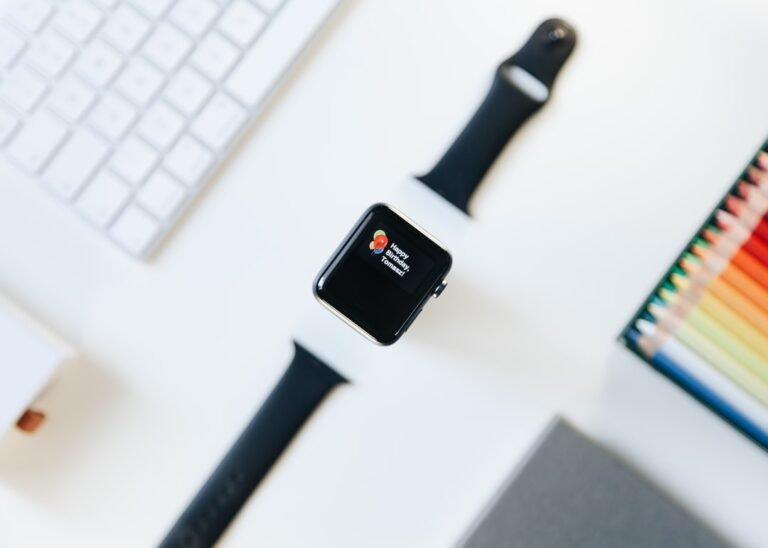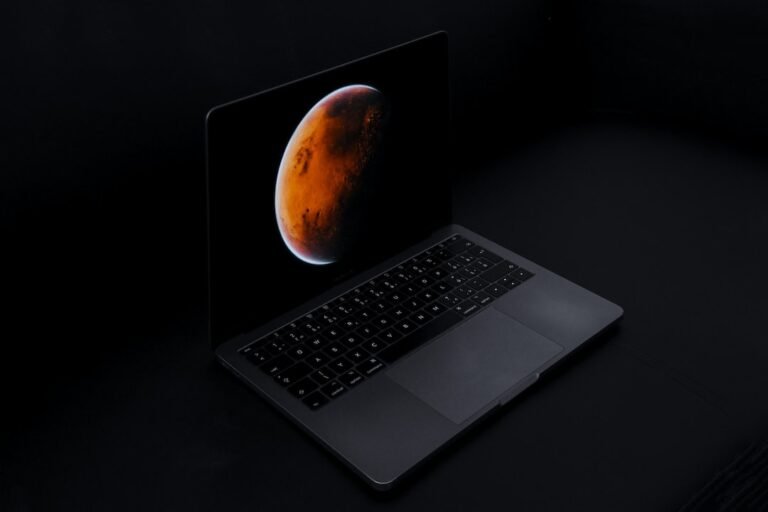Introduction
When it comes to using a VPN (Virtual Private Network) in the United States, there are certain laws and regulations that users must be aware of. VPNs have gained popularity as a means to protect online privacy, bypass geo-restrictions, and enhance security. However, the extensive legal framework in the USA necessitates a comprehensive understanding of the legal implications associated with VPN usage. This guide aims to provide an overview of the key issues to consider when using a VPN in the USA, including the legal status, potential restrictions, and privacy concerns.
Legal Status of VPNs in the USA
Currently, using a VPN in the United States is legal. There are no specific federal laws that prohibit the use of VPNs, allowing individuals to access the internet through encrypted connections and establish secure connections to remote networks. VPN services are widely available and utilized by businesses, government agencies, and individuals alike.
Privacy Considerations
While VPN usage is legal, the issue of privacy is of paramount concern. It is important to note that although a VPN can enhance privacy, it does not guarantee complete anonymity. Internet Service Providers (ISPs) are still able to track the activities of VPN users and may be required to disclose such information under certain circumstances. Additionally, VPN providers themselves may collect user data, so it is crucial to choose a reputable VPN service provider with a strict no-logs policy.
Government Surveillance and National Security
One of the main reasons individuals opt for VPNs is to protect themselves from government surveillance. However, it is essential to understand that certain government agencies in the United States may have the authority to monitor and collect data on internet activities. The USA PATRIOT Act, for example, grants the government access to personal data in the interest of national security. While VPNs can help mitigate surveillance risks, it is important to be aware of the potential legal constraints imposed by government agencies.
ISP Throttling and Net Neutrality
Another significant consideration when using a VPN in the USA is the issue of ISP throttling and net neutrality. Net neutrality ensures that all internet traffic is treated equally, without discrimination or preferential treatment by ISPs. However, the repeal of net neutrality regulations in 2017 has led to concerns about ISPs interfering with internet traffic and potentially throttling or blocking certain services. By using a VPN, users can bypass ISP throttling, as the VPN encrypts the data and prevents ISPs from monitoring or manipulating the internet connection.
Copyright Infringement and Anti-Piracy Measures
Copyright infringement is a serious concern in the digital age, and the entertainment industry has been actively pursuing anti-piracy measures. While a VPN can provide security and anonymity, it is important to understand that engaging in illegal activities, such as downloading copyrighted content, is still subject to legal ramifications. It is recommended to always adhere to copyright laws and avoid engaging in any unauthorized distribution of copyrighted material, regardless of VPN usage.
Conclusion
In conclusion, using a VPN in the USA is legal, and VPNs offer a range of benefits such as protection of online privacy, bypassing geo-restrictions, and enhancing security. However, it is crucial to be aware of privacy considerations, the potential for government surveillance, and the implications of copyright infringement. Choosing a reliable VPN service provider with a strict no-logs policy is vital. Adhering to copyright laws and avoiding illegal activities is always recommended. By understanding the legal landscape and taking necessary precautions, individuals can make informed decisions about their VPN usage.
FAQ
1. What is a VPN, and why do I need a VPN?
A VPN, or Virtual Private Network, is a service that allows users to create a secure connection to another network over the internet. It adds an extra layer of security and privacy by encrypting the internet traffic and hiding the user’s IP address. VPNs are beneficial for protecting online privacy, accessing geo-restricted content, and enhancing security when using public Wi-Fi networks.
2. Is VPN illegal or legal?
VPN usage is legal in the United States. There are no specific federal laws that prohibit the use of VPNs. However, it is important to use VPN services for legal activities and abide by copyright laws and other regulations.
3. How does a VPN protect my privacy?
A VPN protects your privacy by encrypting your internet traffic and routing it through secure servers. This encryption prevents your ISP from monitoring your online activities and accessing your personal data. It also hides your IP address, making it harder for third parties to track your online presence.
4. Can a VPN bypass ISP throttling?
Yes, a VPN can bypass ISP throttling. When you use a VPN, your internet traffic is encrypted and routed through the VPN server, preventing your ISP from monitoring and manipulating your connection. This allows you to bypass ISP throttling and enjoy a faster and more reliable internet connection.
5. How can I choose a reliable VPN service provider?
When choosing a VPN service provider, consider factors such as their reputation, privacy policy, no-logs policy, internet speed, server locations, and customer support. Look for providers that have a strong track record in protecting user privacy and have positive reviews from trusted sources.
Further Reading
| Website | Description |
|---|---|
| Electronic Frontier Foundation | Non-profit organization advocating for digital rights and online freedoms. |
| Federal Trade Commission | U.S. government agency dealing with consumer protection and privacy. |
Disclaimer: The information provided in this article is for informational purposes only and should not be construed as legal advice. It is always recommended to consult with legal professionals for specific legal guidance related to VPN usage and online activities.




